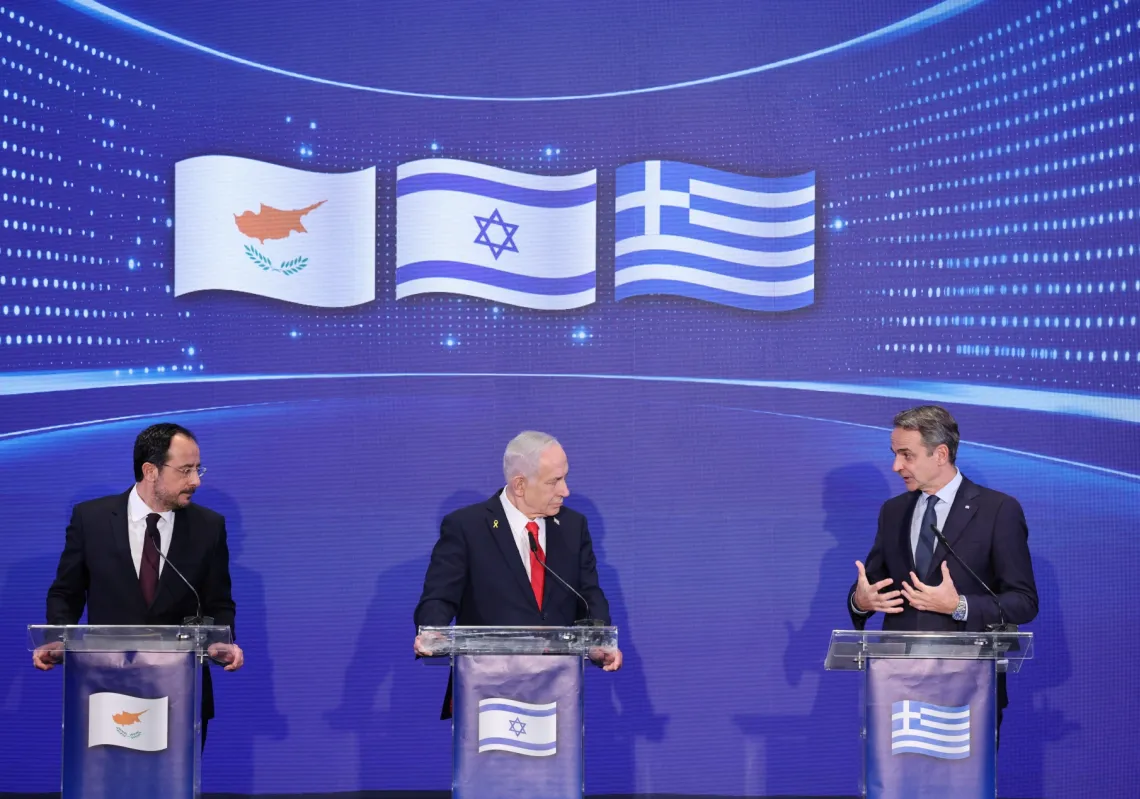In a speech in Atlanta shortly after 9/11, President Bush stated that through the “war on terror” the US not only protected its own values but also those of the “civilized” world. From 2001 to 2009, President Bush repeatedly spoke about how the US and its allies were defending basic human rights—how they were fighting for the freedom of speech, for equal rights to education, for the freedom to live without fear from abusive regimes that practiced torture. He spoke of integrity, dignity, honor and democracy.
Yet the world watched in awe and horror as his fight to defend these values against international terrorism first became a war and then a war characterized by an appalling reality: the torture and abuse of prisoners, the indiscriminate death of civilians and a complete disregard for the values and cultures of the people of Afghanistan and Iraq. Unsurprisingly, as the “war” unfolded, some pertinent questions emerged. Questions about what really were these so-called values of the civilized world, and to what lengths could any country or coalition legitimately go to secure them?
This debate has raged on for almost a decade now, often revealing unpleasant truths about the war waged by the US and its allies. However, perhaps nothing has been more damning than the recent Wikileaks report, which made public previously secret US military documents about the War in Iraq and Afghanistan. The “War Logs” as they have come to be known, are the biggest leak in intelligence history and reveal a dark picture about the ground-realities of the Bush administration’s global war on terror.
In the case of Iraq, 391,832 reports enumerate 109,032 deaths between January 2004 and December 2009, comprising of 23,984 enemy combatants (those considered as insurgents or terrorists); 15,196 Iraqi government forces; 3,771 coalition forces; and a staggering 66,081 civilians. Not only do these numbers reveal that over 60 percent of the deaths in the global war on terror have been civilian, but also that the coalition forces deliberately failed to report at least 15,000 of those deaths.
These documents also disclose an uncomfortable violation of “civilized values” in both Iraq and Afghanistan, including countless accounts of unarmed civilians being targeted by coalition forces, as well as claims of torture, rape and even murder that have thus far been largely ignored by both coalition troops and their governments.
Specifically in Afghanistan, the leaked documents also unveil stories that suggest that the situation is far worse than various political leaders have let on. There are reports about clashes between the Afghan national police and coalition troops, suggesting that incidents like the November 2009 murder of five British soldiers by “rogue” Afghan policemen are perhaps more common than generally reported by the coalition governments.
The documents paint a picture of rampant corruption and drug dealing within the Afghan government. But perhaps most worryingly, these reports talk of a Taliban that is much more lethal than officially reported. A Taliban that is potentially capable of tapping mobile phones and which not only possesses strong anti-aircraft capabilities but is also heavily supported by Iran and, more uncomfortably, by a key coalition partner in the war against Al-Qaeda, Osama bin Laden and international terrorism: Pakistan.
The gross violations of basic human rights of the Iraqi and Afghan populations revealed by these documents may not come as a shock for many. After all, since the beginning of the war on terror, the media have been publicizing accounts of such violations. Cases of indefinite detention, abductions and renditions, torture and abuse of detainees, targeted assassinations and the disproportional use of force that disregard the safety of civilian populations have been reported almost daily.
But these documents reveal a still more shocking reality. As Professor Jacob Shapiro of Princeton University remarked, these are still official reports from the multi-national forces stationed in Afghanistan and Iraq. This essentially suggests that as “official” records these documents are in all likelihood characterized by under-reporting and/or the simple exclusion of deaths caused by kinetic measures. Even more crucially, according to official reports within the army, these documents reveal that torture, unprovoked killing of (often unarmed) civilians, corruption and several other crimes, even when not committed by coalition troops, were overlooked and tolerated.
Of course, it is necessary to take into account each individual report and its particular context, but what a preliminary analysis of these documents seems to reveal is that the war on terror has actually become a bigger threat to the very human values that Bush claimed to defend and protect than international terrorism ever was. This is perhaps the harshest truth.
It is beyond doubt that terrorism, whether state or non-state, cannot be justified under any circumstances. It is also clear that the human security situation in Iraq and Afghanistan is at breakpoint because of the war on terror. However, the key issue now is how the current US administration will react to the facts revealed by the War Logs. In a recent article in The Majalla, Manuel Almeida stated that, “in order to end 'the war on terror,' the Obama administration has to do more than remove a word from a document.” Without a doubt, the Obama administration finds itself strait-jacketed as it struggles to defend US national security on the one hand while seeking to promote greater transparency and respect for human rights on the other. The result is an ambiguous policy toward terrorism that is, in practice, a sound continuation of Bush’s war on terror policy along with all the human rights violations that accompanied it. At the same time, as the violations of the previous administration come to light in these leaks, this is a great opportunity for the US to affirm the values it always speaks about and to demonstrate that it is fully committed to them.
So far, the Obama administration has done no more than seek to aggressively prosecute those responsible for the leaks. Undertaking serious investigations into these facts and accounting for the wrongs committed over the past decade would certainly do more for defending human values than the continuation of war. Until that occurs, the US can hardly claim that the fight against terror is also a fight to defend and protect the “values of the civilized world.”
Jorge Lasmar – International lawyer and senior lecturer in International Relations at PUC Minas, Brazil. Mr. Lasmar is the author of the forthcoming book, "The Impact of the Global War on Terror on the Institutions of International Society."








